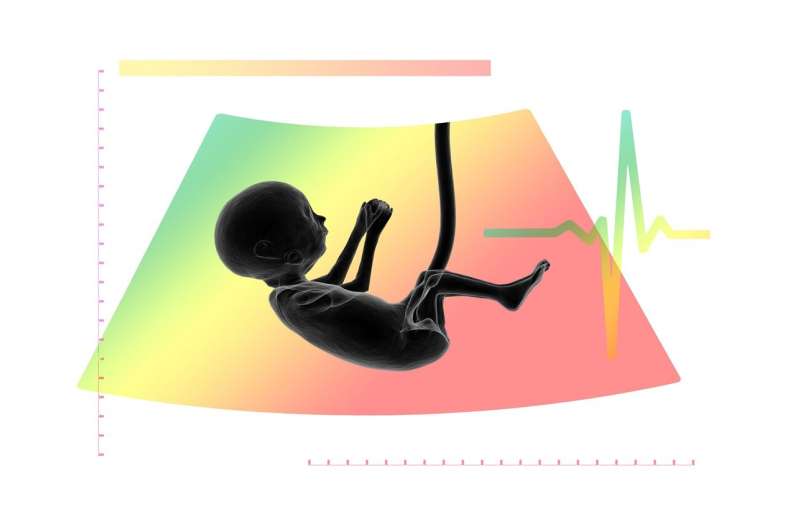
If a woman contracts COVID-19 during her pregnancy, the infection, even if it’s mild, damages the placenta’s immune response to further infections, a UW Medicine-led study has found.
The study was published Sept. 17 in the American Journal of Obstetrics & Gynecology.
“This is the largest study to date of placentas from women who had COVID-19 during their pregnancies,” said Dr. Kristina Adams Waldorf, senior author and professor of obstetrics and gynecology at the University of Washington School of Medicine. “We were surprised to find that women who had COVID-19 during their pregnancies had placentas with an impaired immune response to new infection.”
This finding, Adams Waldorf added, “was the tip of the iceberg” in how COVID-19 might affect fetal or placental development.
Early in the pandemic, many thought that COVID-19 did not appear to harm the developing fetus because there were so few babies born with COVID-19 infection, she noted.
“But what we’re seeing now is that the placenta is vulnerable to COVID-19, and the infection changes the way the placenta works, and that in turn is likely to impact the development of the fetus,” Adams Waldorf said.
“To date, the studies about how COVID-19 might affect fetal or child development are very limited as the children are still very young,” noted co-author Dr. Helen Feltovich, professor and associate medical director for maternal fetal medicine imaging at Intermountain Healthcare in Utah.
“Our study suggests that babies born to mothers infected with COVID-19 at any point during their pregnancy will need to be monitored as they grow up,” she said.
https://youtube.com/watch?v=j9ppF2ICnLU%3Fcolor%3Dwhite
The placenta provides nourishment, oxygen, and immune protection for the fetus until the time of birth. Studies led by Adams Waldorf have shown that women who contract COVID-19 have a significantly higher mortality rate than do women who do not contract COVID-19. Other studies have found that pregnant women are more likely to risk hospitalizations or preterm birth, according to the Center for Disease Control and Prevention.
It’s unknown how different COVID-19 variants may affect the mother or fetus, Adams Waldorf and Feltovich agree.
“Studying each of the variants in real time is really challenging,” Adams Waldorf said, “because they just keep coming so fast, we can’t keep up. We do know that the COVID-19 Delta variant was worse for pregnant individuals, because there was a spike in stillbirths, maternal deaths and hospitalizations at that time.”
Regardless of the variant, Adams Waldorf stressed it’s important that women not catch COVID-19.
Women who are pregnant should first get vaccinated and boosted, and continue to mask and stay within a strict bubble of individuals who are also vaccinated and boosted. She acknowledges that may mean isolating for the duration of the pregnancy.
“The disease may be mild, or it may be severe, but we’re still seeing these abnormal effects on the placenta,” she said. “It seems that after contracting COVID-19 in pregnancy, the placenta is exhausted by the infection, and can’t recover its immune function.”
In this study, a total of 164 pregnant individuals were studied, consisting of 24 uninfected healthy patients as a control group and 140 individuals who contracted COVID-19. Both groups delivered at about the same time, 37 to 38 weeks. Preterm birth occurred at almost 3 times the rate with the patients with COVID-19 when compared with those without. About 75% of the patients with COVID-19 were either asymptomatic or had mild symptoms, according to the study.
Source: Read Full Article